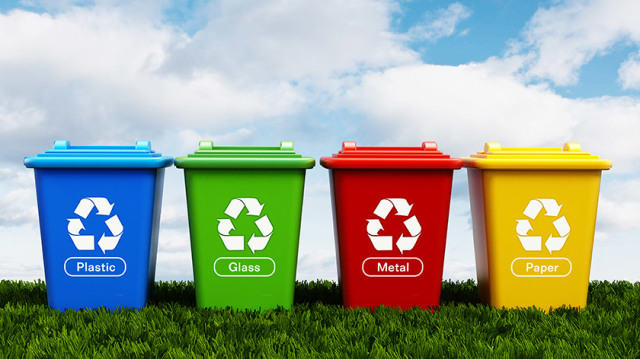Waste management (or waste disposal) include the activities and actions required to manage waste from its inception to its final disposal. This includes the collection, transport, treatment and disposal of waste, together with monitoring and regulation of the waste management process.
Waste can be solid, liquid, or gas and each type has different methods of disposal and management. Waste management deals with all types of waste, including industrial, biological and household. In some cases, waste can pose a threat to human health. Waste is produced by human activity, for example, the extraction and processing of raw materials. Waste management is intended to reduce adverse effects of waste on human health, the environment or aesthetics.
Waste management practices are not uniform among countries (developed and developing nations); regions (urban and rural areas), and residential and industrial sectors can all take different approaches.
A large portion of waste management practices deal with municipal solid waste (MSW) which is the bulk of the waste that is created by household, industrial, and commercial activity.
The waste hierarchy refers to the "3 Rs" Reduce, Reuse and Recycle, which classifies waste management strategies according to their desirability in terms of waste minimisation. The waste hierarchy is the cornerstone of most waste minimisation strategies. The aim of the waste hierarchy is to extract the maximum practical benefits from products and to generate the minimum amount of end waste.

